I was trying to solve the Partition List problem on LeetCode. The problem asks to sort an linked list given a target list node, so that all the list nodes having smaller value than the target will come before the target, while their original relative order remains unchanged.
I was able to come up a straightforward algorithm and to pass the online judge, basically creating two pointers and using them each to link either nodes < target or >= target while traversing the list.
public ListNode partition(ListNode head, int x) {
ListNode ptr = head;
ListNode small = new ListNode(0);
ListNode big = new ListNode(0);
ListNode dummy_1 = big;
ListNode dummy_2 = small;
int i = 1;
while (ptr != null) {
if (ptr.val < x) {
small.next = ptr;
small = small.next;
} else {
big.next = ptr;
big = big.next;
}
ListNode help = ptr.next;
ptr.next = null;
ptr = help;
}
small.next = dummy_1.next;
return dummy_2.next;
}
the following codes breaks the the link between ptr and ptr.next, and move the
ptr to original ptr.next.
ListNode help = ptr.next;
ptr.next = null;
ptr = help;
What I haven't quite figured out yet is that why this step is necessary, as we can move ptr to its next and directly update the reference later using small.next = ptr and big.next = ptr in the while-loop;
However when I simply used ptr = ptr.next instead of the three lines of code above, the online judge responded with error Memory Limit Exceeded.
I would really appreciate if anyone can explain this for me. What may cause the Memory Limit error as any cycled-list has seemed to be already avoided?

